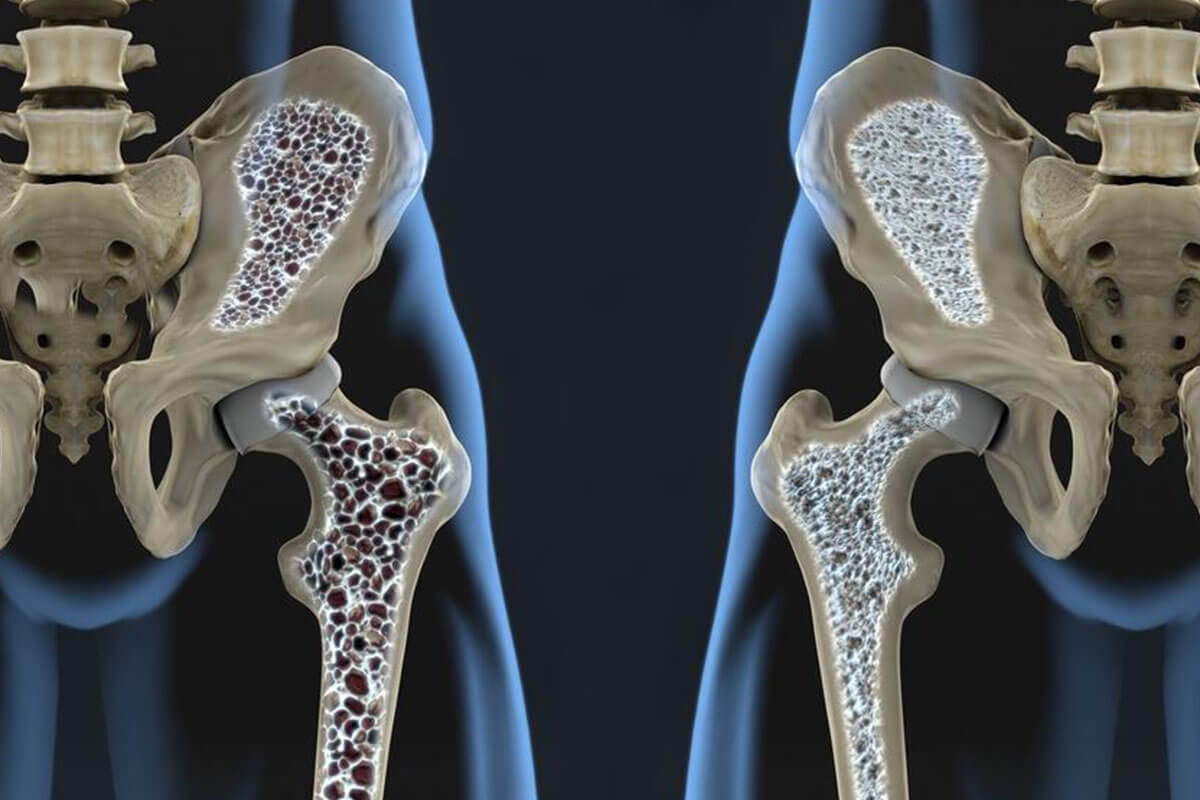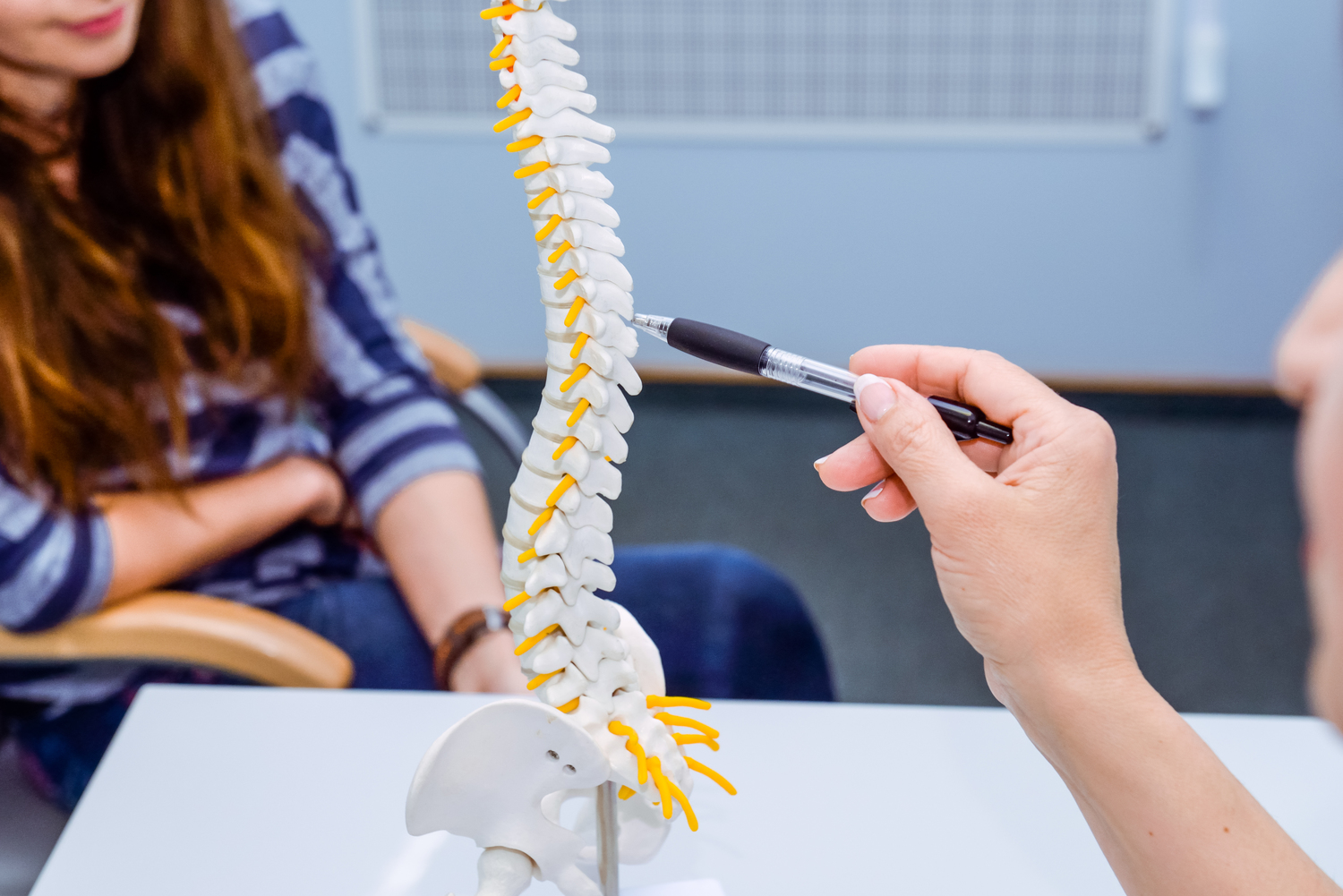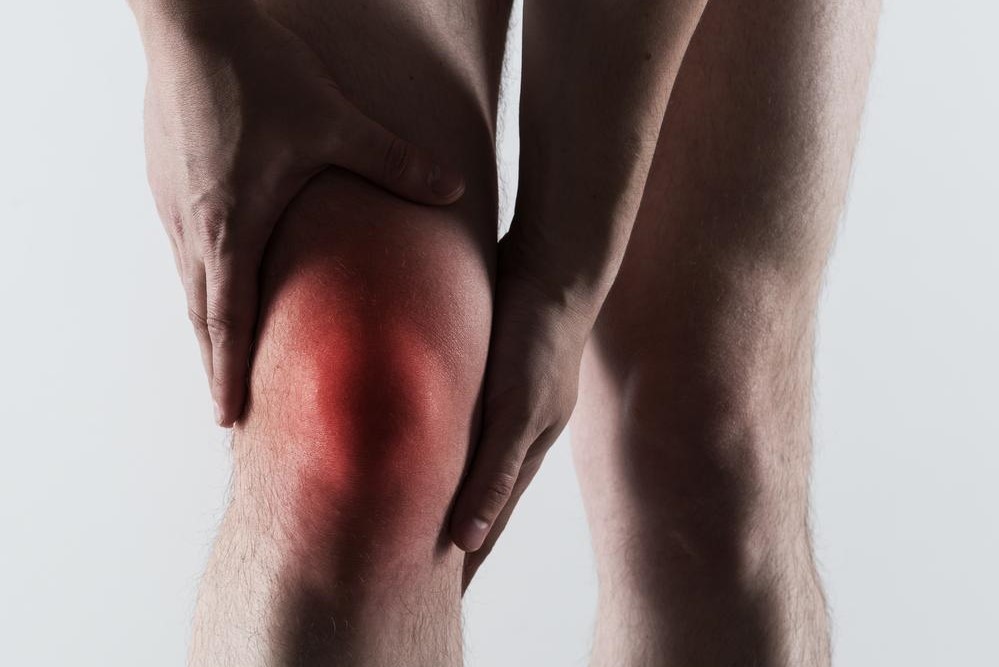Top 5 Health Issues That Elevate Osteoporosis and Bone Loss Risks
This article explores five key health conditions that significantly raise the risk of osteoporosis and bone deterioration. Understanding these factors can help in prevention and timely management of bone health issues. Conditions like hyperthyroidism, arthritis, diabetes, asthma, and celiac disease are discussed, emphasizing the importance of regular health monitoring and lifestyle choices to maintain strong bones as we age.

Top 5 Health Issues That Elevate Osteoporosis and Bone Loss Risks
Bone deterioration is a common age-related health concern affecting millions worldwide. Approximately 33% of women and 20% of men over 50 are vulnerable to osteoporosis, a condition characterized by reduced bone density and strength. This leads to brittle bones that can fracture easily from minor incidents like falls or even coughing. While anyone can develop osteoporosis, certain health conditions significantly increase the likelihood:
Hyperthyroidism
Caused by an overactive thyroid gland, this condition accelerates bone-remodeling cycles. Excess thyroid activity can lead to increased bone loss, emphasizing the importance of monitoring thyroid health to prevent complications.
Arthritis
Different arthritis forms such as rheumatoid arthritis and lupus contribute to bone weakening. Joint inflammation and damage, combined with treatments that may inhibit bone-forming cells, elevate the risk. Maintaining a healthy lifestyle can help minimize arthritis development.
Diabetes
Current research indicates that high blood sugar may impair bone formation, increasing the risk of osteoporosis. Diabetes also heightens fracture susceptibility and hampers healing due to slower bone regeneration.
Asthma
While asthma does not directly cause bone loss, medications like corticosteroids used for symptom control can contribute to osteoporosis. Additionally, breathing difficulties may limit exercise, which is vital for maintaining healthy bones.
Celiac Disease
Due to gluten sensitivity, celiac disease damages the intestinal lining, impairing nutrient absorption of calcium and vitamin D—key elements for strong bones—leading to increased bone loss.
Note:
The information provided about symptoms, conditions, and treatments is for informational purposes only. It should not replace professional medical advice. Always consult licensed healthcare providers for accurate diagnosis and treatment options.










